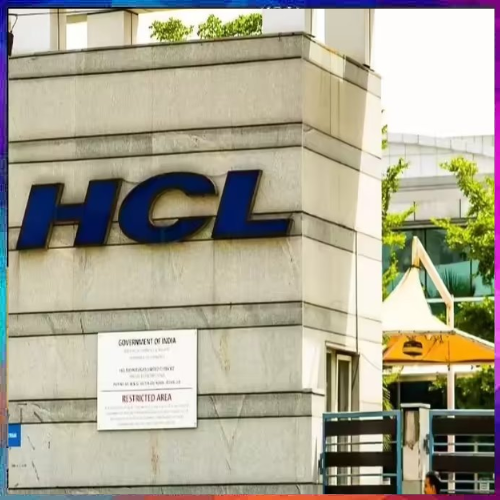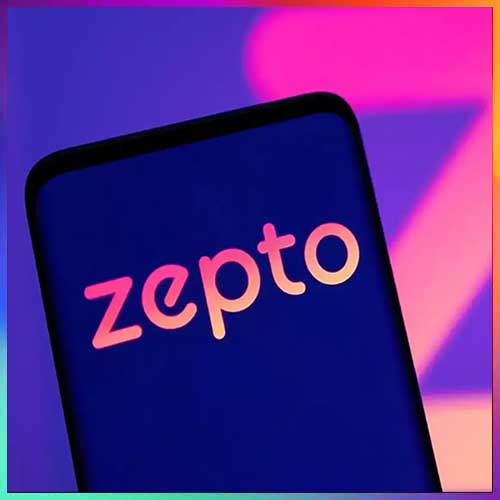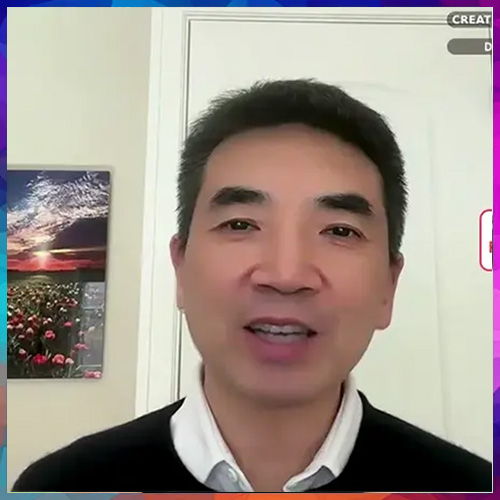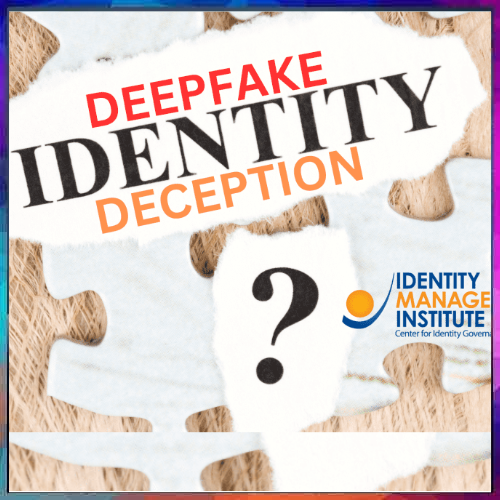Breaking News
Microsoft Employees Raise Concerns Over Blocked Emails With Terms Like ‘Palestine’ and ‘Gaza’
2025-05-23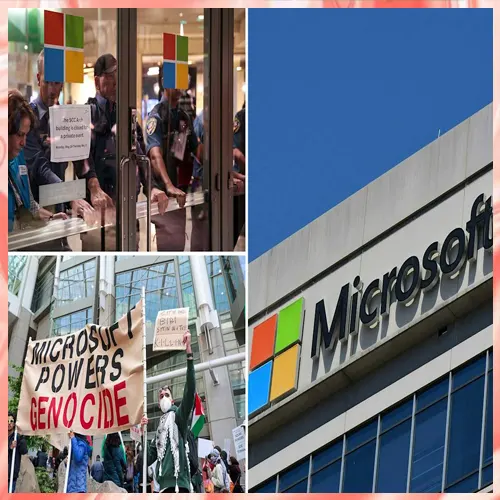
Some employees tested the issue and found messages with these terms failed to send, while modified versions like “P4lestine” succeeded.
Microsoft employees are expressing strong backlash over what they describe as internal censorship within the company’s email system. Reports have emerged that Microsoft’s email policy is blocking Outlook emails containing certain sensitive terms, including “Palestine,” “Gaza,” “genocide,” “apartheid,” and “IOF off Azure.” Employees have raised alarms on internal message boards, questioning why emails mentioning “Israel” are delivered successfully while those containing “Palestine” or “Gaza” are rejected or fail to send.
Several employees conducted tests confirming that emails with these blocked terms wouldn’t go through, but slight modifications of the words, such as “P4lestine,” were allowed. This has sparked concerns about Microsoft’s internal censorship and its impact on employee free speech, especially when such terms appear in critical HR complaints or workplace communications.
Frank Shaw, Microsoft’s Chief Communications Officer, responded by stating that emails are not being censored or blocked unless they are sent to large, random distribution groups—a common spam-prevention measure. However, many employees remain skeptical, fearing that the company’s Microsoft email policy may be selectively restricting important conversations and suppressing viewpoints related to geopolitical issues.
Reiterating the same, a Microsoft spokesperson said in a statement, “Over the past couple of days, a number of emails have been sent to tens of thousands of employees across the company and we have taken measures to try and reduce those emails to those that have not opted in."
Several employees conducted tests confirming that emails with these blocked terms wouldn’t go through, but slight modifications of the words, such as “P4lestine,” were allowed. This has sparked concerns about Microsoft’s internal censorship and its impact on employee free speech, especially when such terms appear in critical HR complaints or workplace communications.
Frank Shaw, Microsoft’s Chief Communications Officer, responded by stating that emails are not being censored or blocked unless they are sent to large, random distribution groups—a common spam-prevention measure. However, many employees remain skeptical, fearing that the company’s Microsoft email policy may be selectively restricting important conversations and suppressing viewpoints related to geopolitical issues.
Reiterating the same, a Microsoft spokesperson said in a statement, “Over the past couple of days, a number of emails have been sent to tens of thousands of employees across the company and we have taken measures to try and reduce those emails to those that have not opted in."
This growing employee backlash highlights tensions within Microsoft as workers seek transparency and fairness in communication policies, especially amidst highly charged political contexts. The controversy underscores the broader challenge tech companies face balancing content moderation, employee rights, and corporate policies in an increasingly complex digital workplace.
See What’s Next in Tech With the Fast Forward Newsletter
Tweets From @varindiamag
Nothing to see here - yet
When they Tweet, their Tweets will show up here.










